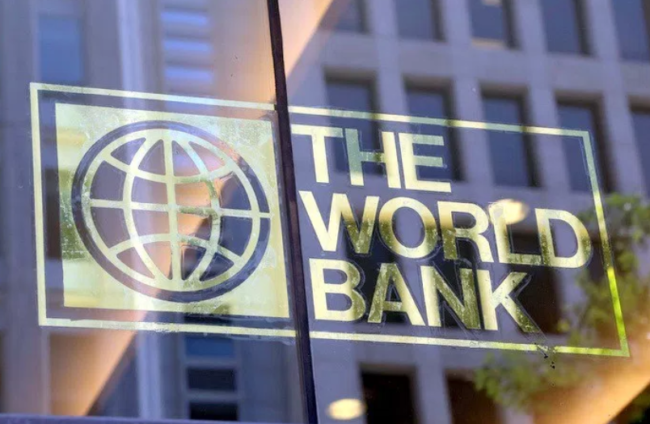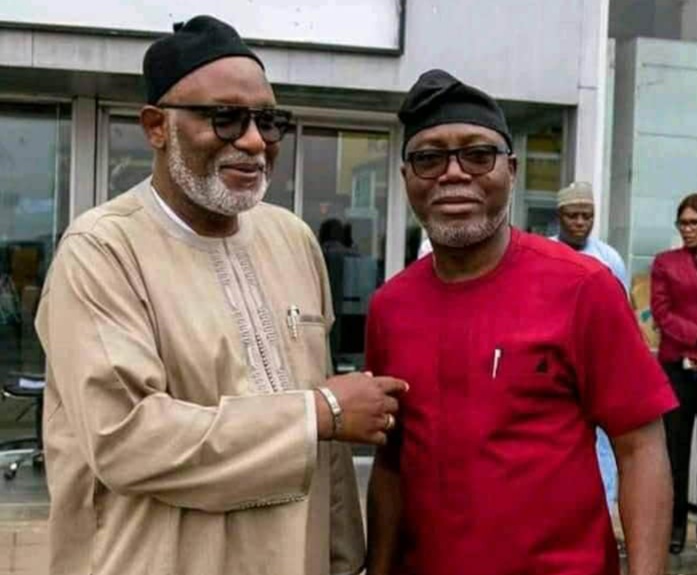The World Bank’s International Development Association (IDA) has approved a $500 million credit to Nigeria to support the adolescent girls initiative for learning and empowerment (AGILE).
The goal of the AGILE project is to improve secondary education opportunities among girls in targeted areas.
IDA, in a statement on Monday, said secondary schools will be used as platforms to empower girls through education, life skills, health education, gender-based violence (GBV) awareness and prevention, negotiations skills, self-agency and digital literacy skills
“Adolescent girls face many constraints in accessing and completing secondary education. In northern Nigeria, the lack of secondary schools is significantly greater with up to 10 primary schools for every secondary school,” the statement read.
Advertisement
“Poor condition of infrastructure and a lack of water sanitation and hygiene (WASH) facilities makes it difficult for girls to stay in school.
“If nothing is done, 1.3 million girls out of the 1.85 million who began primary school in 2017/2018 in the northern states will drop out before reaching the last year of junior secondary school.”
IDA said a minimum of six million girls and boys are expected to benefit from the project and many more will continue benefiting after the project ends.
Advertisement
Shubham Chaudhuri, World Bank country director for Nigeria, said: “The AGILE project will enable Nigeria to make progress in improving access and quality of education for girls, especially in northern Nigeria”.
The seven beneficiary states include Kano, Kebbi, Kaduna, Katsina, Borno, Plateau and Ekiti.
A total of 340,000 girls are expected to receive life skills training in safe spaces, while 300,000 girls will receive digital literacy training to help them thrive in the digital economy.
The statement added that the project will offer half a million girls from the poorest households with financial incentives in the form of scholarships to further support their retention and completion of secondary school.
Advertisement
Add a comment






